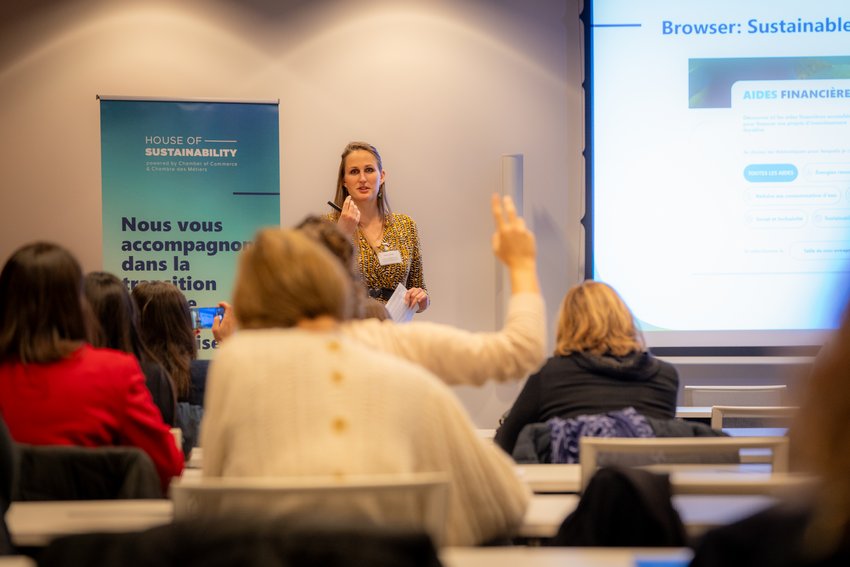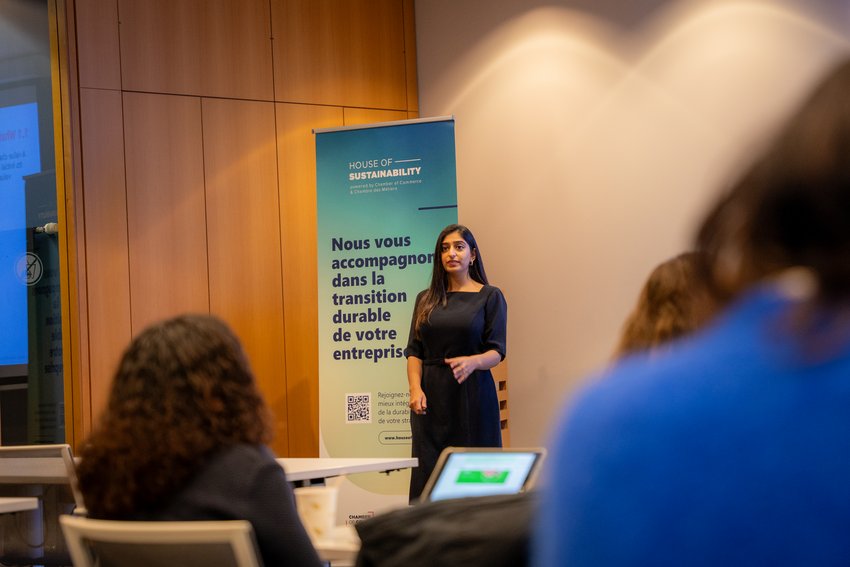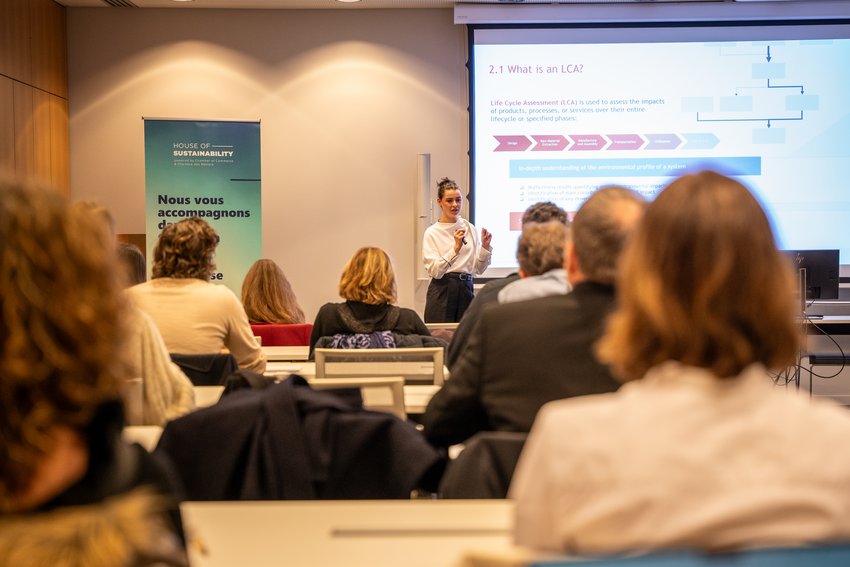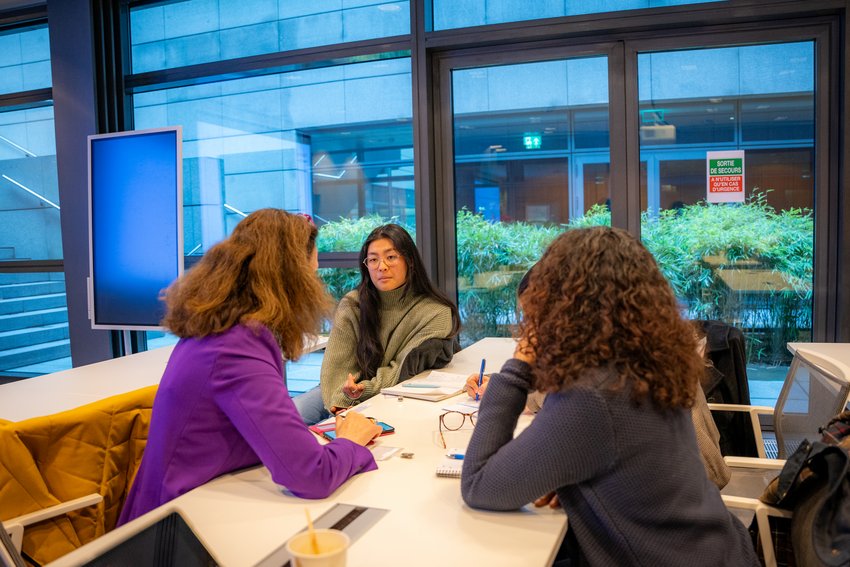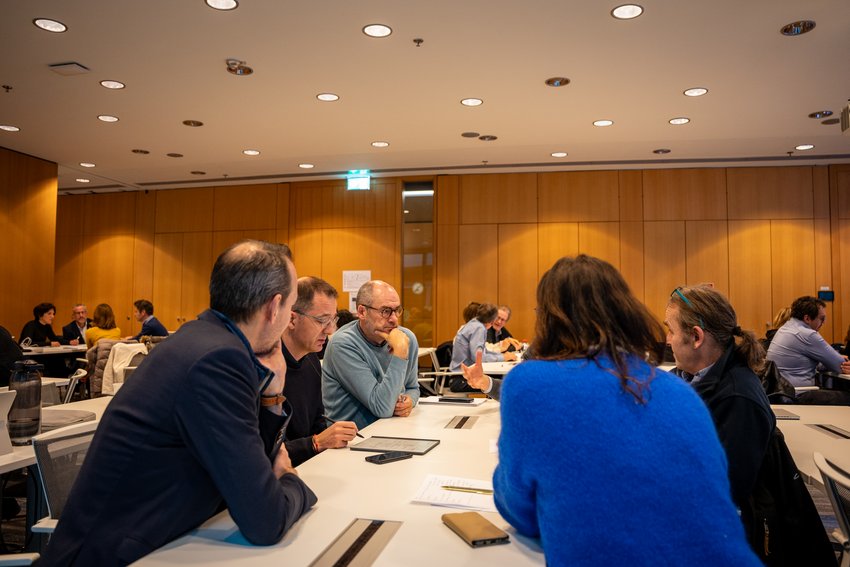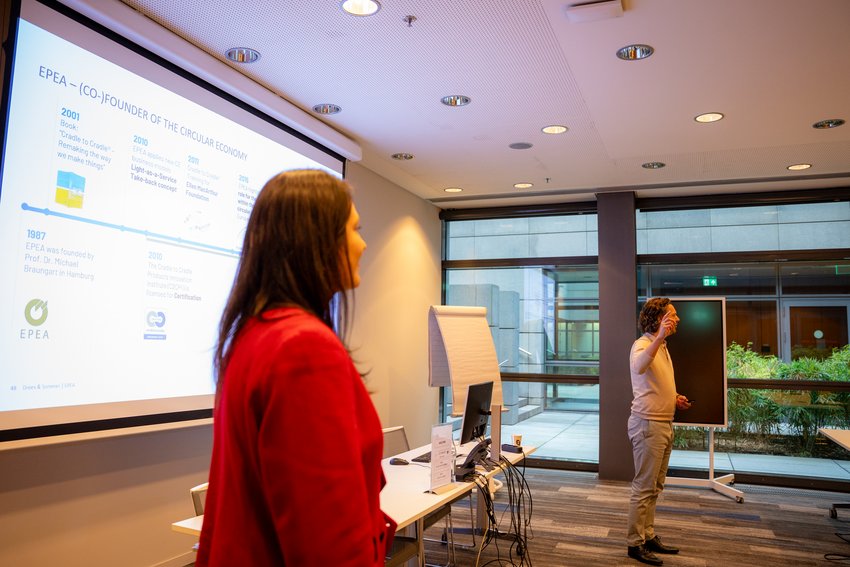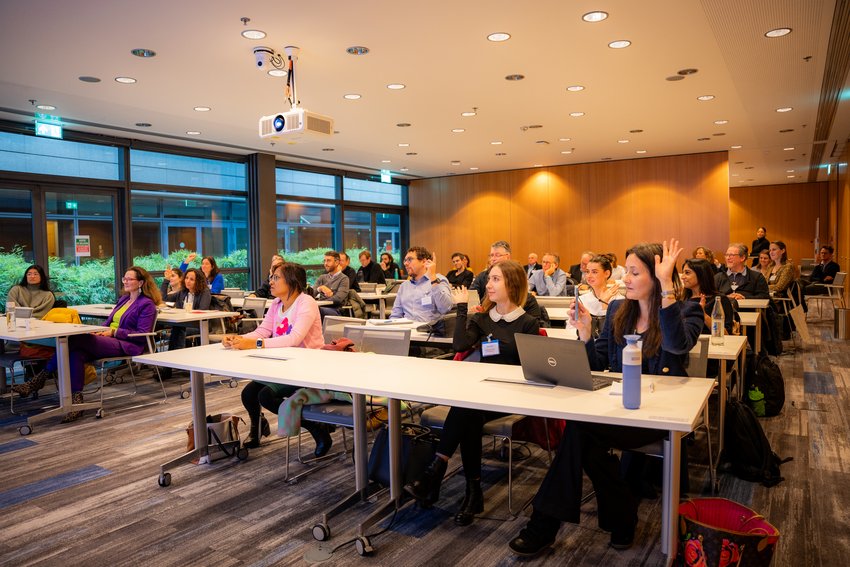[Workshop] Life Cycle Assessment: How to measure the environmental impacts of your products or services
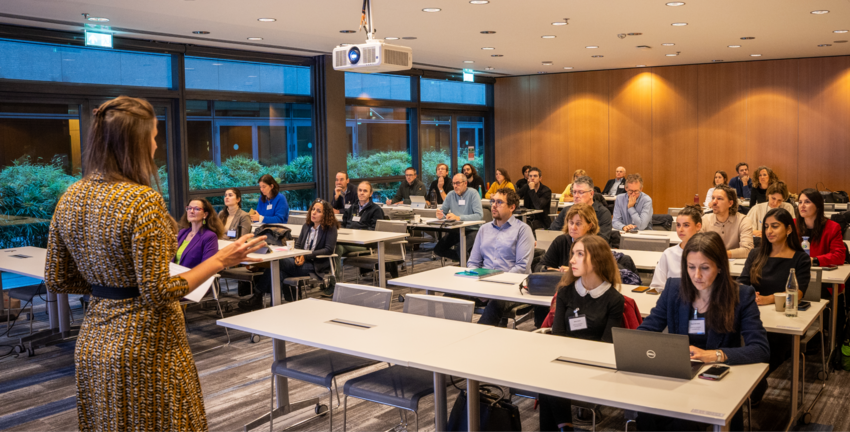
[Workshop] Life Cycle Assessment: How to measure the environmental impacts of your products or services
30.11.2023
On November 30, close to 40 participants attended an insightful workshop centered on value chain and life cycle assessments (LCA) at the Chamber of Commerce of Luxembourg. The session aimed to delve into the importance of these practices to achieve the objectives of eliminating waste and conserving natural resources.
The workshop emphasised the significant role LCA plays in achieving a circular economy objective. LCA acts as a comprehensive tool that assesses the environmental impacts of a product or process throughout its entire life cycle, from raw material extraction to disposal. It offers a holistic approach, enabling informed decision-making to minimise environmental burdens, reduce waste, and enhance resource efficiency while fostering innovative and sustainable designs.
Sabrina Kohn started with a presentation of the House of Sustainability and its offer in terms of circular economy, representing one of the 10 sustainable business principles. Next to awareness-raising workshops, the House of Sustainability guides companies to the appropriate financial aids such as Fit 4 Sustainability which offers a 50-70% aid to realise an LCA, or the Temporary environmental impact aid scheme to invest in waste-reducing solutions.
Sabrina Alam and Elena McCarthy from BDO led the initial segment of the workshop, shedding light on the fundamental aspects of value chains and life cycle assessments. They stressed the importance of understanding the value chain of an activity, clarifying that LCAs are conducted on specific products or services, not entire companies. The duo elaborated on the various types of LCAs and emphasised the necessity of acquiring relevant data from stakeholders.
The practical component of the workshop provided participants with hands-on experience. An exercise on value chain assessment using everyday products allowed attendees to identify key value chain members, considering various life cycle phases. This exercise aimed to provide a deeper understanding of product value chains and delineate the boundaries essential for conducting a comprehensive LCA.
Moreover, the session highlighted best practices from Drees & Sommer and EPEA, co-founders of the circular economy and cradle-to-cradle concept. Dr. Marielle Ferreira Silva and Hein van Tujil showcased the Cradle to Cradle® design framework, offering insights into developing products, buildings, systems, and processes with positive impacts. Concrete examples of projects and solutions within the (de)construction of buildings illustrated how businesses can reduce negative impacts and optimise the positive impacts of their products.
The event equipped attendees with knowledge and practical insights crucial for integrating sustainable practices into their businesses, paving the way for a more environmentally conscious and circular future.

